Guest Host: William Alexander

Welcome to the Stone Soup Digest! This is where I share what I'm up to and some of my favorite things from around the internet. Subscribe to Stone Soup to get this in your inbox every week.
Hello friends! I am, as of today, at long last verifiably negative for COVID. What an absolute thrill. I left the house and looked at things I don't live with! Incredible.
I'm still working on recovering from this long bout of COVID, but never fear! You've still got a Stone Soup digest coming your way, courtesy of Friend Of the Newsletter William Alexander.
William Alexander writes unrealisms—mostly for young readers. His work has won the National Book Award, the Eleanor Cameron Award, the Librarian Favorites Award, the Teacher Favorites Award, two CBC Best Children's Book of the Year Awards, and two Junior Library Guild Selections. Most recently he wrote Sunward—his first novel for grownups—and co-edited the middle grade anthology Starstuff: Ten Science Fiction Stories to Celebrate New Possibilities.
William Alexander’s novel Sunward comes out Tuesday, September 16, 2025, from Saga Press. You can pre-order your copy right this minute:
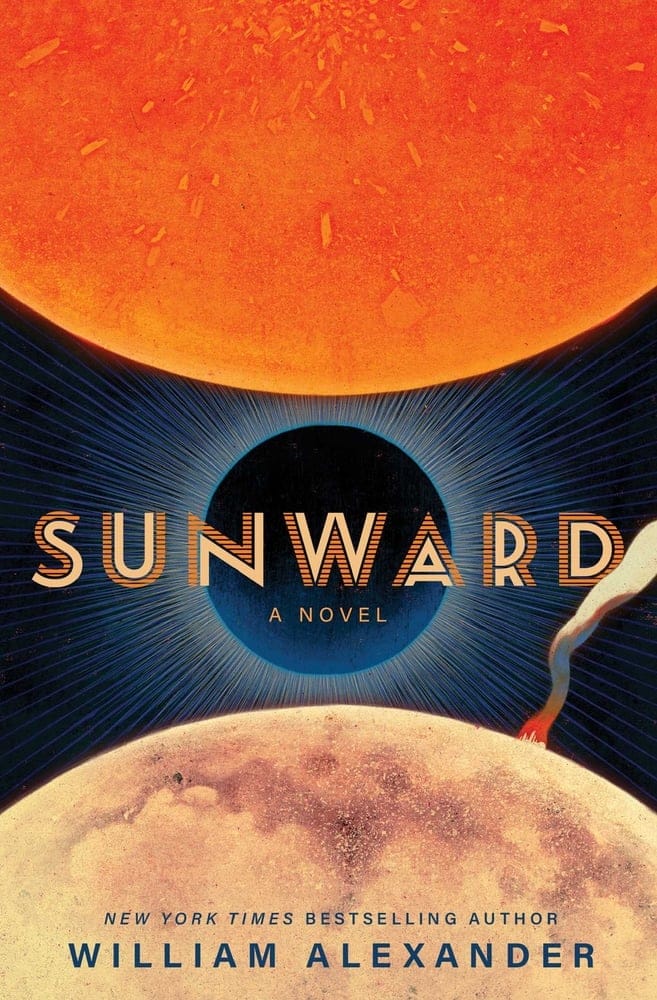
Captain Tova Lir chose a life as a courier rather than get involved in her family’s illustrious business in politics. Set in humanity’s far future, hiring a planetary courier is essential for delivering private messages across the stars.
Encouraged by friends, Tova begins mentoring baby bots, juvenile AI who are developmentally in their teens, and trains them how to interact within society essentially becoming their foster mom. Her latest charge, Agatha Panza von Sparkles, named herself on their first run from Luna to Phoebe station. But on their return, they encounter a derelict spaceship and a lurking assassin, igniting a thrilling chase across the solar system.
Tova and Agatha’s daring actions leave Agatha’s mind vulnerable, relying on Tova’s former AI pupils for help. As Tova starts gathering her scattered family around her, she is chased through the solar system by forces who want her captured and her family erased. This debut science fiction novel by National Book Award–winning author William Alexander is a must-read for fans of Becky Chambers and Ursula K. Le Guin. Lovers of poignant science fiction, where the bonds of found family, the evolution of AI, and the building distrust of centuries of bias, come together in this visionary look at humanity’s future.
Barnes & Noble | Find an Indie Bookstore
In the meantime, take us away, William!
-gailey
Hello, everyone! Here are a couple of things you should know about me before we tour my current favorite corners of the internet: As a small child, I honestly thought that my Cuban-American family came from the lost island of Atlantis, and I still think that science fiction and fantasy offer us the best ways to navigate overlapping worlds that make no sense when slapped together. Also, I have a lot of titanium in my spine and that technically makes me a cyborg.
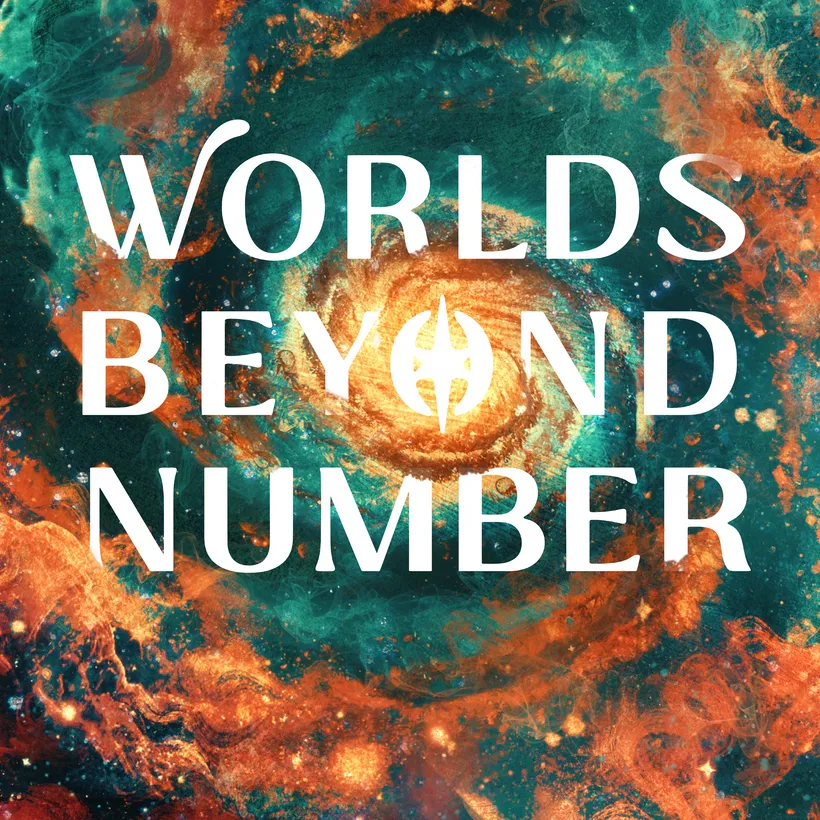
Worlds Beyond Number
Worlds Beyond Number just finished the first big arc of their first improvised epic—The Wizard, the Witch, and the Wild One—and I may never recover. The podcast creates a theatrical paradox by somehow combining the anarchic joy of rehearsals in sweatpants with the absolute polish of a finished production in full costume. As a theater kid I loved both of those things; it breaks my brain in the best way to hear them happen simultaneously.
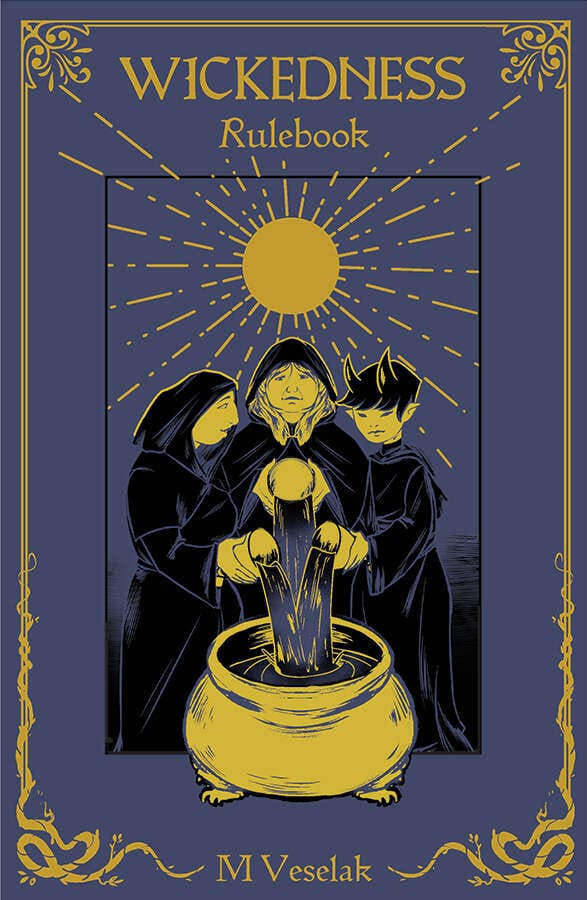
Wickedness
Wickedness also broke me in the best possible way—and for many of the same reasons. This GM-free TTRPG by M. Veselak uses a tarot deck to scaffold the story of a witch's coven. I love the way that games and oracles have always borrowed each other's stuff. Cards. Dice. Dominos. Riddles. This one honors the history of tarot as both a set of playing cards and a way to make narrative sense of an uncertain future.
Owls in Towels
Owls in Towels is my favorite new source of adorableness. Wildlife rehab clinics often wrap injured owls in burrito-shaped bundles to keep panicked flapping to a minimum. Some of the owls seem to find this snuggly and pleasant. Others are clearly filled with indignant rage—which probably means that they are witches in disguise.

Between the Covers: Is a River Alive?
This recent episode of a favorite bookish podcast is my least witchy recommendation, but it does share thematic overlap with the rest of the list above—most especially in the way that it asks heartbreaking questions about kinship, obligation, and the non-human world.
(My new book isn't about witches, by the way. It's about robots. But I don't want to read more articles about AI scorching the land and boiling the seas in its quest to destroy the college essay, so you're getting a witchy list instead.)
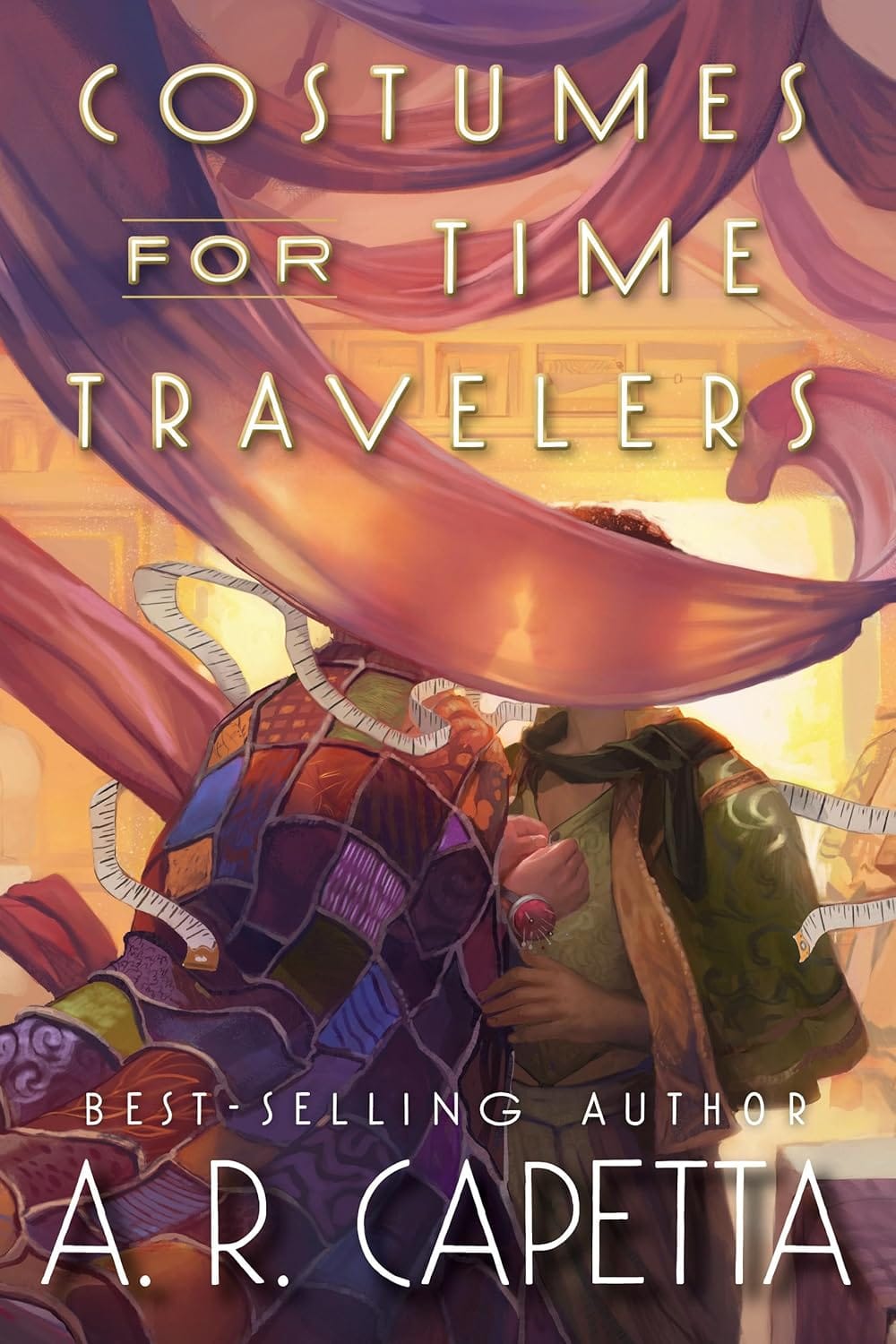
William is Currently Reading: Costumes for Time Travelers by A. R. Capetta
If we were in a bookshop right now, then I would take a copy of Costumes for Time Travelers by A.R. Capetta from the shelf and read you the first couple of paragraphs. We're not in a bookshop, though, so you'll just have to imagine my voice:
Anyone who has hiked through time knows pocket.
It's the town travelers first reach after they stumble away from their hometime. It's the place a traveler must—with only one known exception—pass through on their way to any other when.
Once in Pocket, you simply cannot miss the temporal cobblers, where they repair the tattered soles of time boots, or the Inn of All Ways, where you can get a hot meal, a cold shower—and a reality check to expand realities. There's the wordhouse, to help with the polyglot needs of a traveler, and at the edge of town, a small shop containing a storm of fabrics and racks of precisely crafted garments from every era.
Barnes & Noble | Local Library | Find an Indie Bookstore
William Recommends: Inventing the Renaissance: The Myth of a Golden Age by Ada Palmer
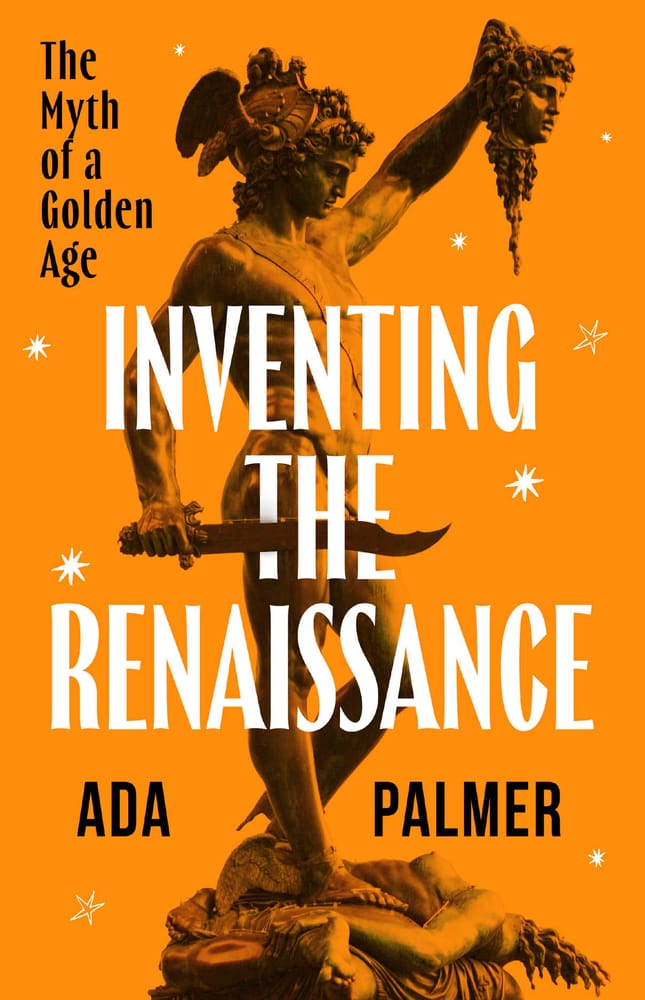
An irreverent new take on the Renaissance, which reveals it as anything but Europe's golden age.
From the darkness of a plagued and war-torn Middle Ages, the Renaissance (we're told) heralds the dawning of a new world — a halcyon age of art, prosperity, and rebirth. Hogwash! or so says award-winning novelist and historian Ada Palmer. In Inventing the Renaissance, Palmer turns her witty and irreverent eye on the fantasies we've told ourselves about Europe's not-so-golden age, myths she sets right with sharp clarity.
Palmer's Renaissance is altogether desperate. Troubled by centuries of conflict, she argues, Europe looked to a long-lost Roman Empire (even its education practices) to save them from unending war. Later historians met their own political challenges with a similarly nostalgic vision, only now they looked to the Renaissance and told a partial story. To right this wrong, Palmer offers fifteen provocative portraits of Renaissance men and women (some famous, some obscure) whose lives reveal a far more diverse, fragile, and wild Renaissance than its glowing reputation suggests.
Barnes & Noble | Local Library | Find an Indie Bookstore
Thank you, William!
If you’re a paying subscriber, come say hello in the Supper Club and share the ways you’re connecting with and supporting your local community. Remember to drop your local mutual aid networks so we can put them in future issues of the Digest.
If you want to support Stone Soup without a regular subscription, feel free to drop a one-time donation into our tip jar.
In the meantime, do what you can. Care for yourself and the people around you. Believe that the world can be better than it is now. Never give up.
—gailey



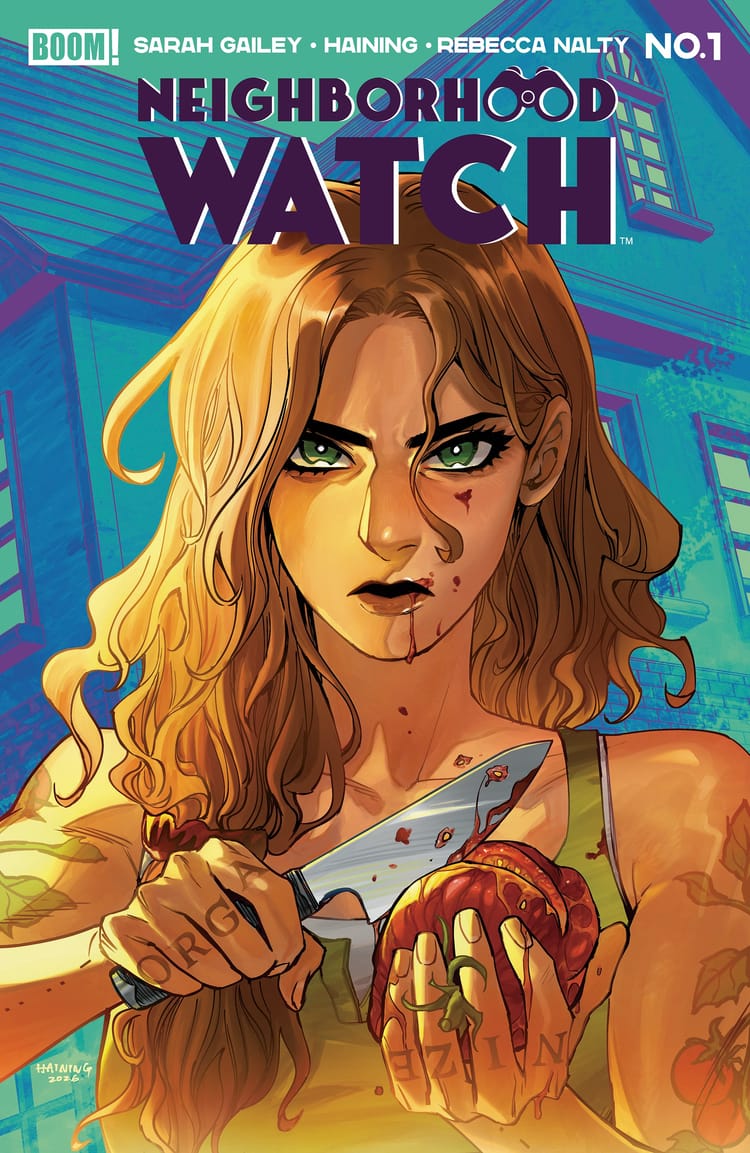

Member discussion